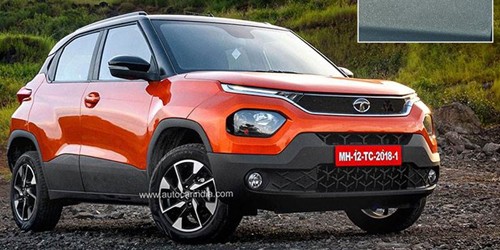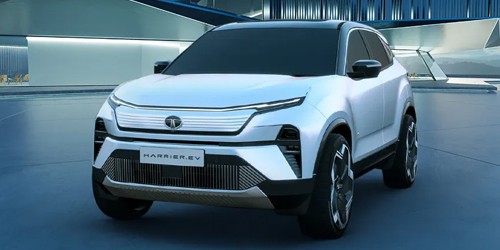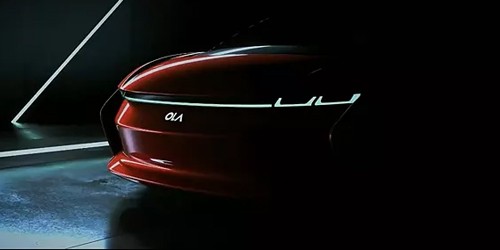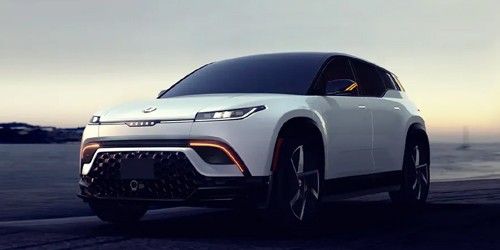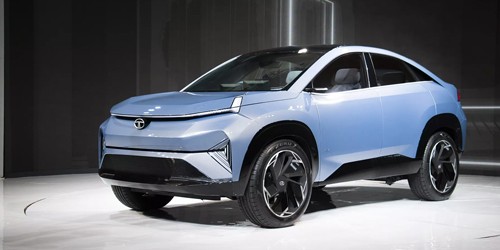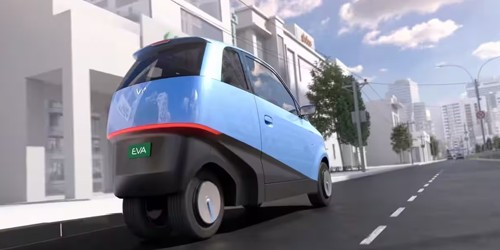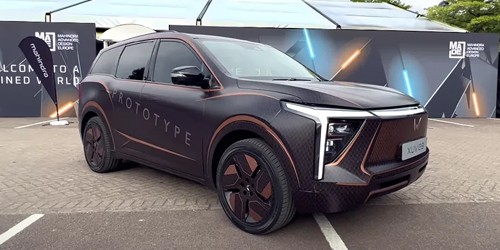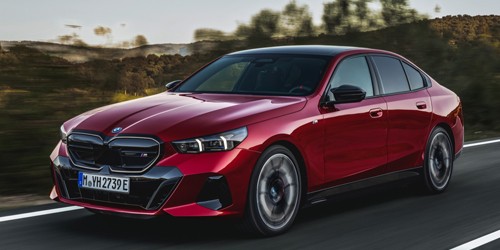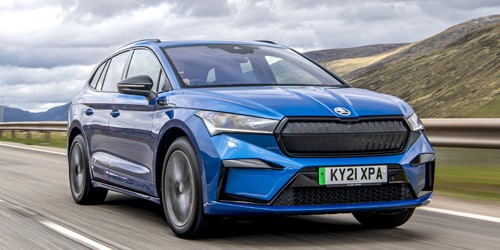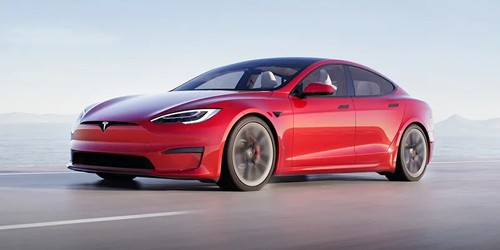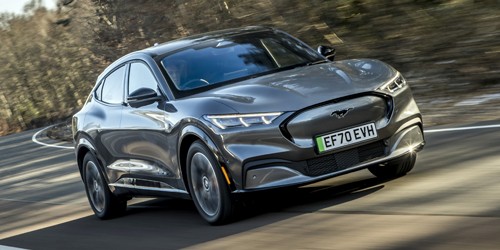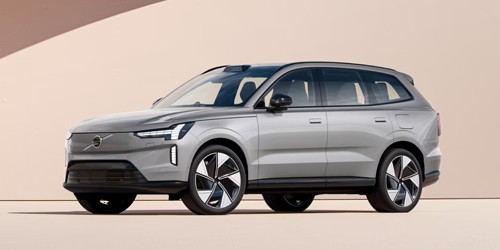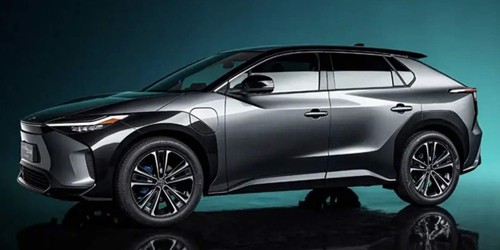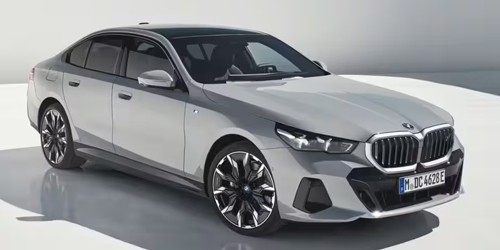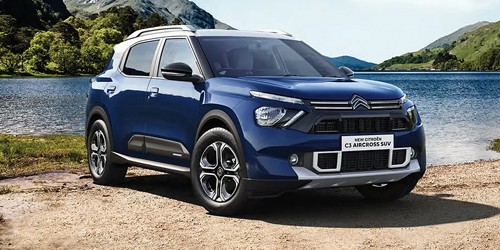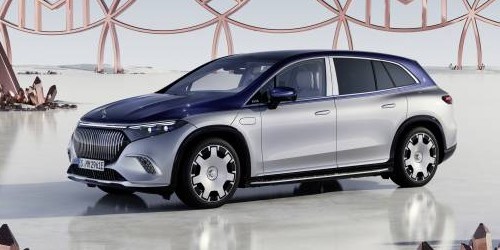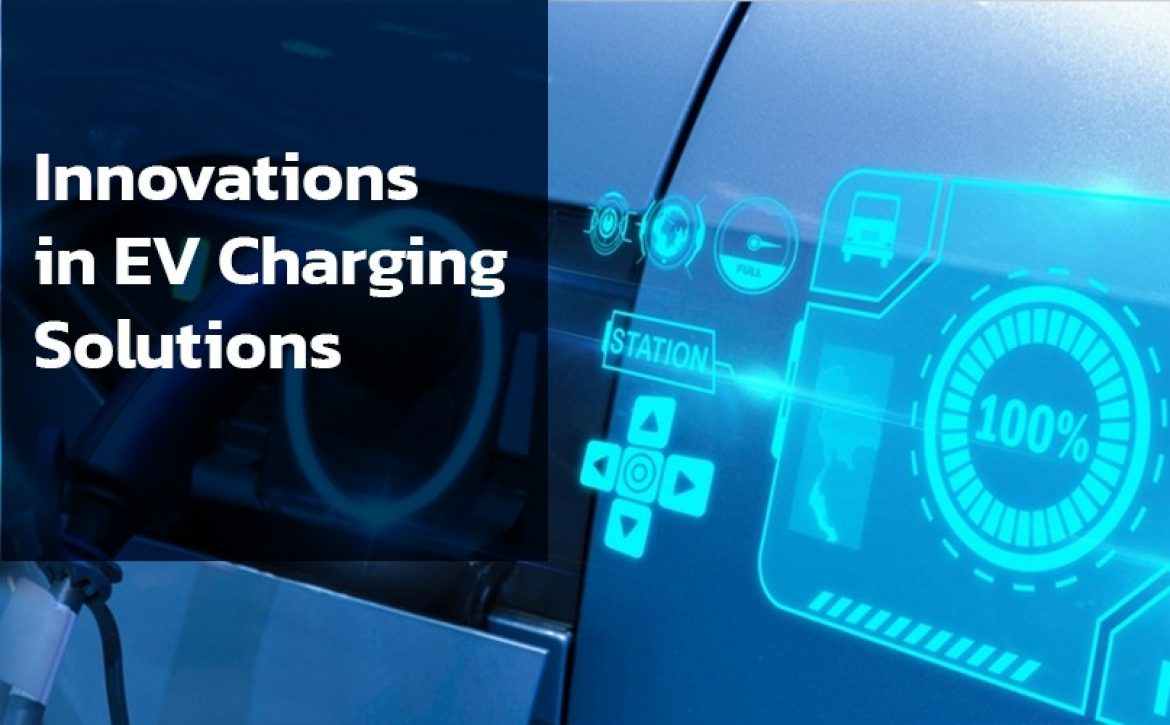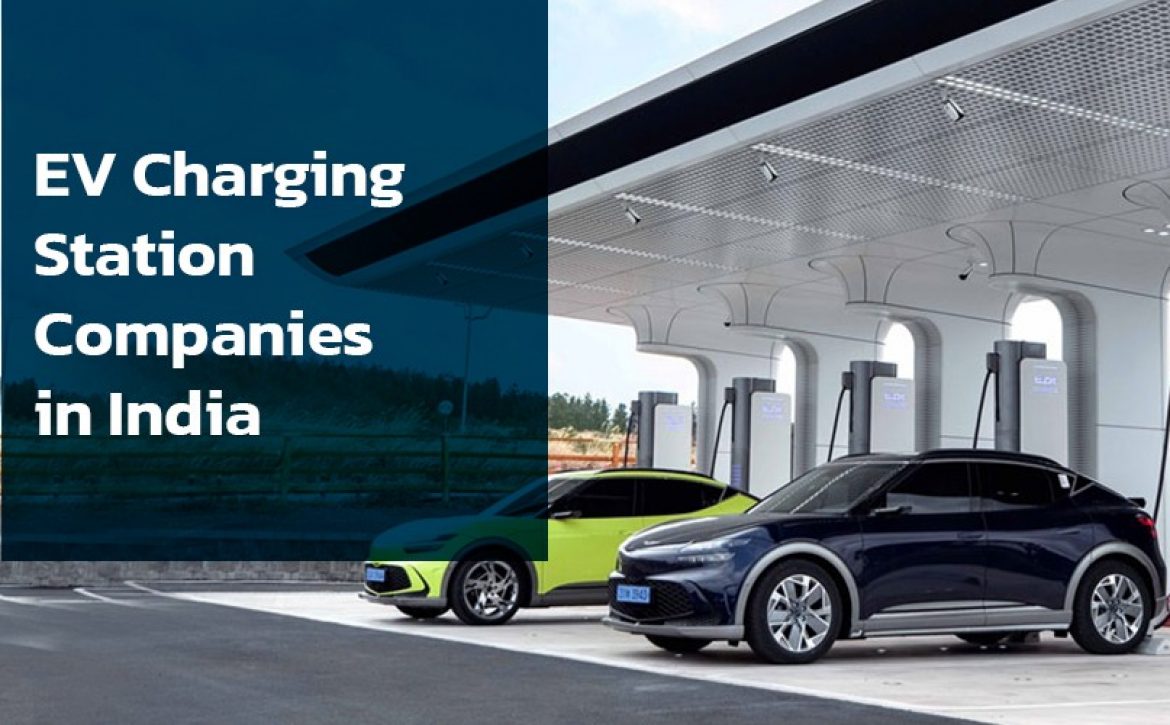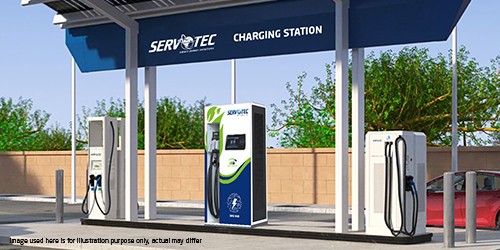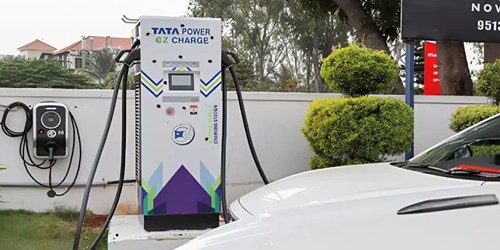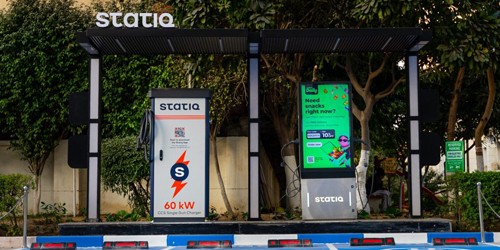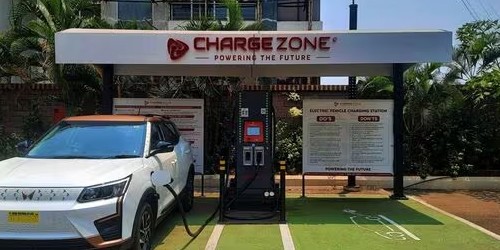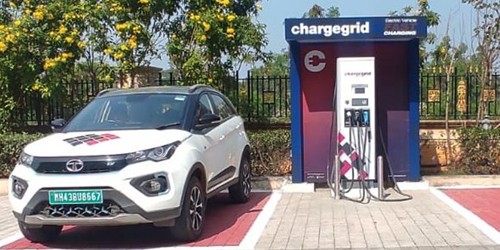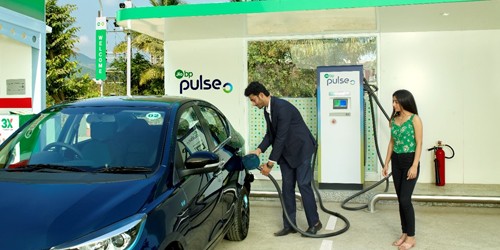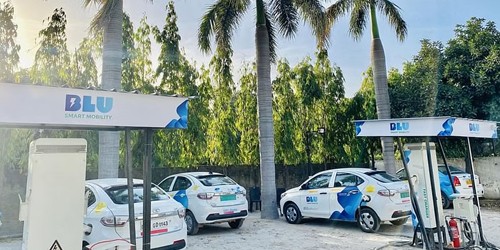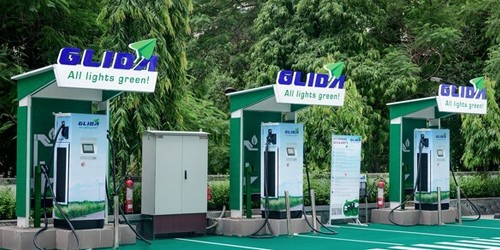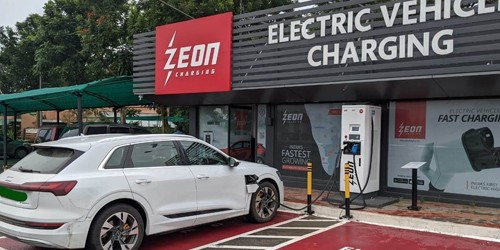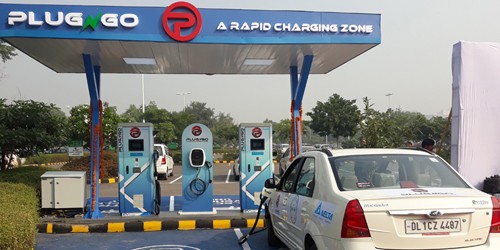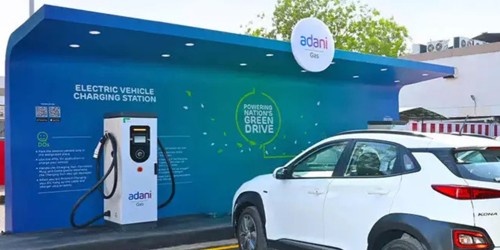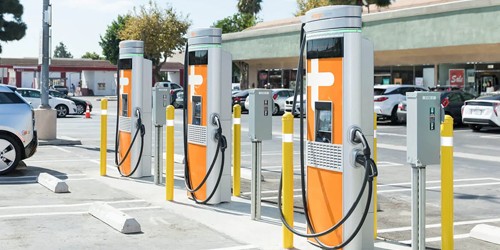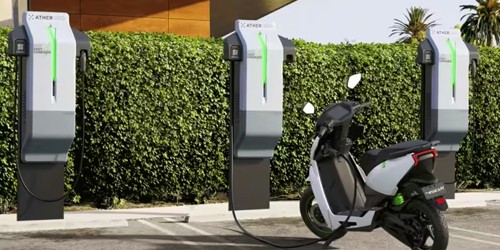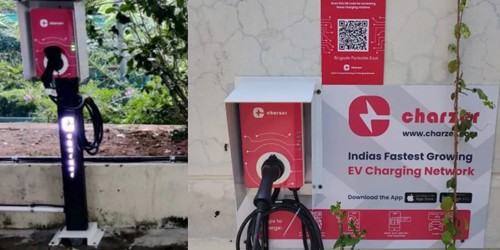Understanding the Functions and Benefits of Solar Calculator
In recent years, more people and businesses have chosen solar energy because it’s cleaner, renewable, and offers multiple benefits including cost savings and sustainability. A key tool driving this shift is the solar calculator. It helps you figure out your solar needs and estimate how much money you could save. Solar calculators give you important information so you can decide if solar energy is a good option for you. In this blog, we’ll explore how a solar calculator works, its key functions, and how it helps homeowners, businesses, and installers make informed solar investment decisions.
What is a Solar Calculator?
A solar calculator also known as a solar panel cost calculator, solar energy calculator, solar PV calculator, or solar rooftop calculator is an online tool designed to estimate the size, energy production, cost savings, and return on investment (ROI) of solar systems based on specific inputs provided by the user. These inputs include factors such as location, roof size, electricity consumption, and current utility rates. By analyzing this information, solar calculators generate personalized reports catering to the specific needs of the user
Functions of a Solar Calculator
Let’s explore the key functions of a solar calculator
1) Solar System Sizing and Cost Estimation
Based on your energy use and how much sunlight your location gets, the calculator shows how many solar panels you need. It also gives an estimate of the system’s cost, including equipment, installation, and maintenance. This allows users to plan their solar investments more efficiently.
2) Cost Savings
One of the main reasons people choose solar energy is to save money in the long run. The solar rooftop calculator looks at your current electricity rates, any tax credits or rebates you can get, and how much energy your solar panels will produce. With this information, it shows you how much you can save on your utility bills. It also helps you see how long it will take to pay back your investment and what your return on investment (ROI) will be. A solar savings calculator provides clear insights into monthly and long-term electricity bill reductions, making it easier to justify the investment.
3) Customization and Comparison:
Solar calculators let you adjust different settings like panel efficiency, system size, and financing options. This helps you compare different setups and make smart choices based on your budget, energy goals, and available options. You can try out various combinations to find the best solar panel system for your needs.
4) Environmental Impact
Besides the financial benefits, a solar panel calculator often shows how your solar panel system impacts the environment. It estimates the reduction in carbon emissions, helping you see how switching to solar energy helps fight climate change.
Benefits of Using a Solar Calculator
There are many benefits of using a solar calculator, some of which are listed below:
Cost-Effective Decision Making: Solar calculators give detailed cost estimates and financial analyses, helping users make smart choices about investing in solar energy. Users can look at different options and pick the best one for their budget and needs.
Customized Solutions: Solar calculators create personalized reports based on the user’s location and energy use. This customization ensures the recommendations match the user’s specific needs and circumstances, making the solar system more effective
Environmental Impact Awareness: Solar calculators in a way help users understand the environmental benefits of solar energy. This awareness encourages people to switch to renewable energy sources and see the positive impact of their solar investments on the environment.
How can Solar Panel Calculators Help Different Stakeholders
The solar panel power calculator serves as a valuable resource for anyone considering solar energy, regardless of their location or energy requirements. By providing accurate estimates and detailed insights, it enables users to make informed decisions about adopting solar power. Here’s a closer look at how the solar calculator can benefit different stakeholders:
i) Businesses
Solar energy is a great way for businesses to save money. It helps businesses figure out how much money they can save on electricity bills, what tax incentives or grants they might get, and how long it will take to make their money back.
ii) Contractors and Installers
The solar PV energy calculator helps solar contractors and installers create detailed project estimates and proposals for customers. By using the calculator, contractors can show potential customers how much money they can save and how much energy they can expect to produce with solar panels. This builds trust and makes the solar installation process clear and straightforward, leading to happier customers and successful projects.
iii) Environmental Organizations and Advocates:
Environmental organizations and advocates are vital in promoting renewable energy and fighting climate change. By sharing this tool, these organizations empower individuals and businesses to see how solar power can save money and help the environment. It shows them how much carbon emissions can be reduced, encouraging steps toward a sustainable future.
Conclusion
In conclusion, the solar calculator is a great tool that makes solar energy accessible to individuals and businesses. It provides accurate estimates of costs, savings, and energy production, helping users decide about installing solar panels. Servotech is a leading solar energy provider, helping industries and businesses use solar power effectively. The solar calculator for homes offered by Servotech is a valuable tool that makes solar energy accessible for individuals and businesses. It provides accurate estimates of costs, savings, and energy production, enabling users to make informed decisions about installing solar panels. Servotech remains dedicated to supporting businesses in adopting solar energy as a practical and profitable solution, thereby promoting a greener future for both the industry and the planet.






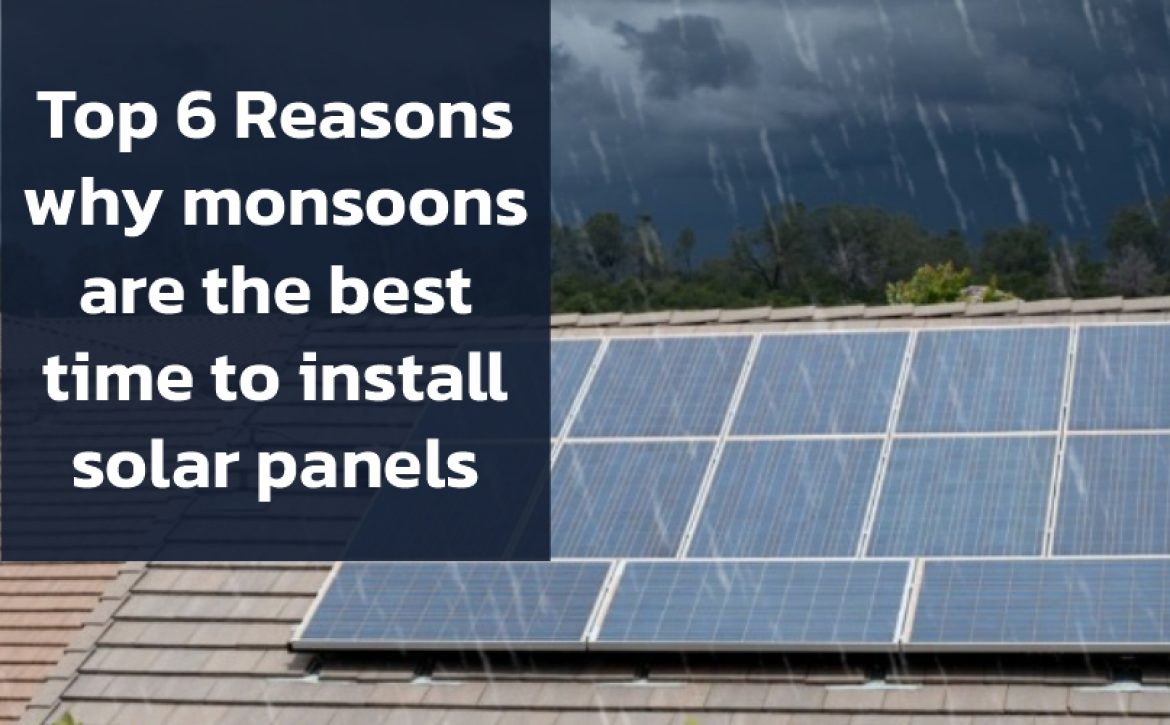

 Get Quote
Get Quote


